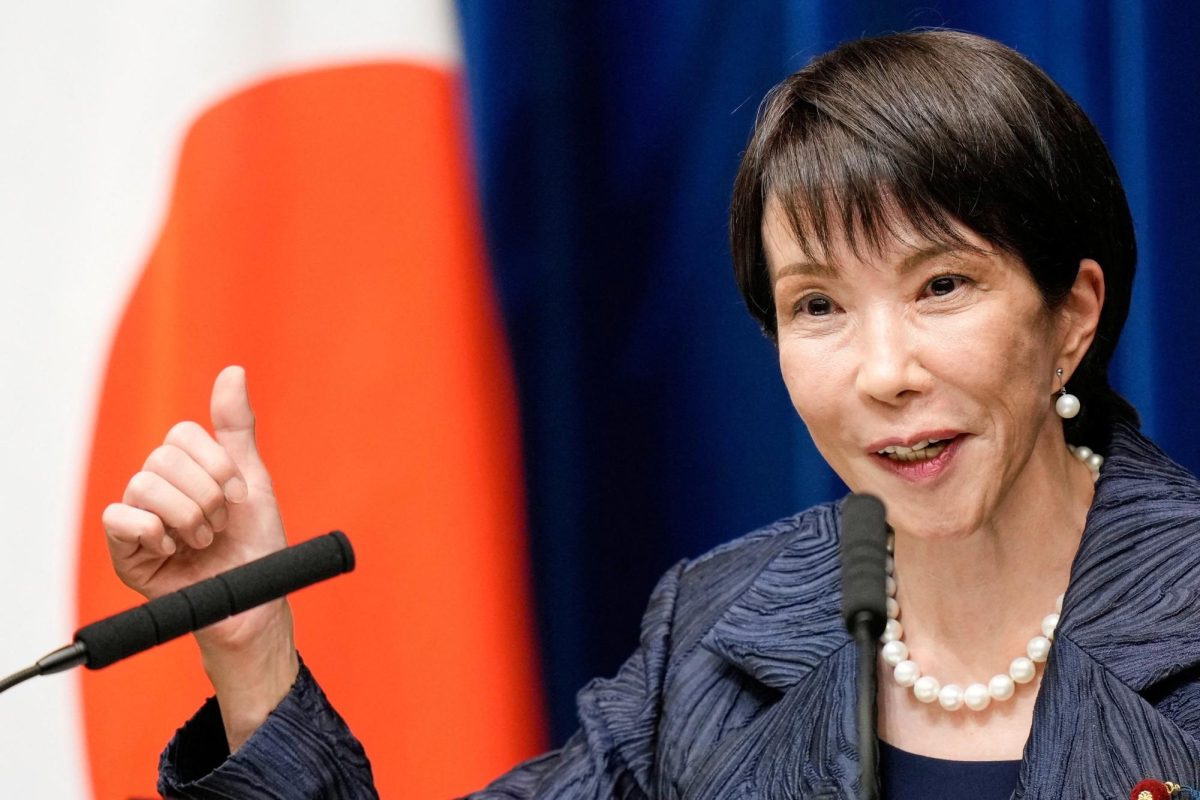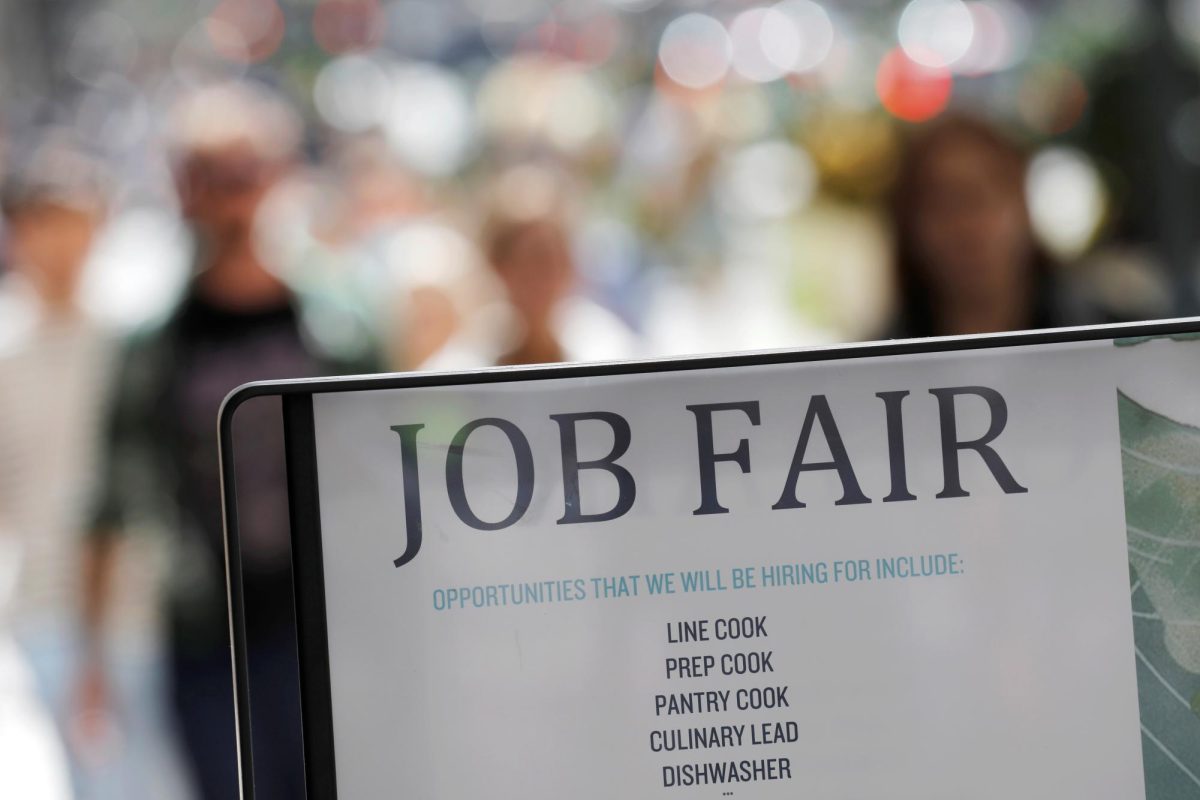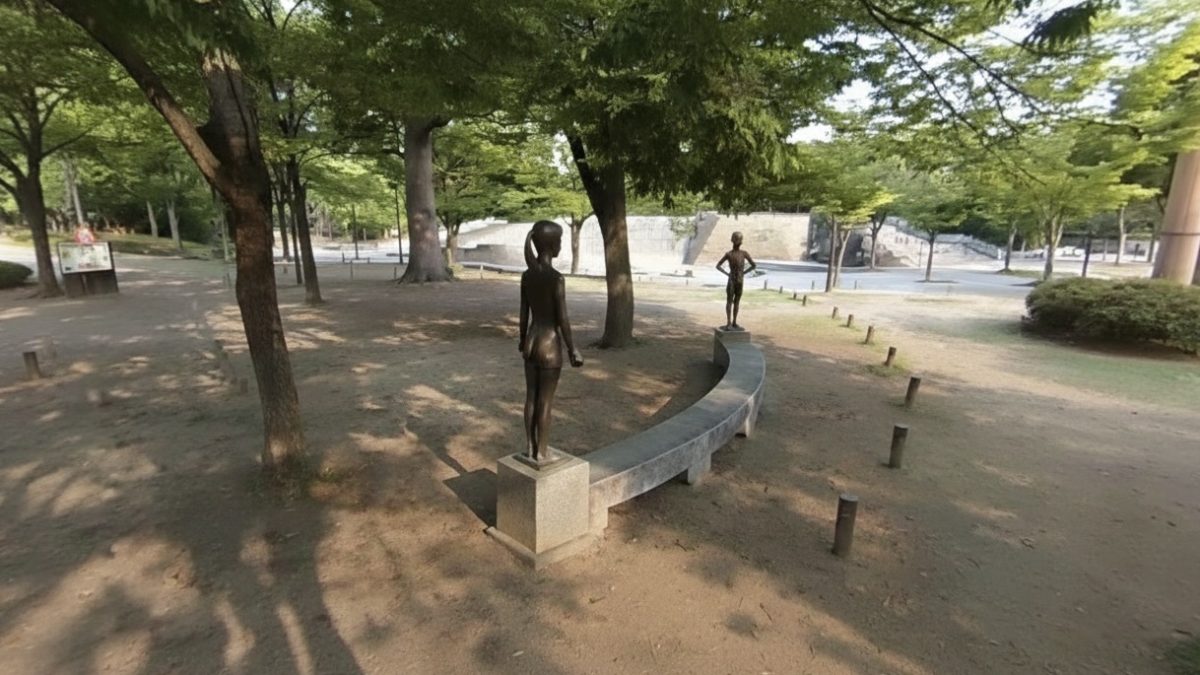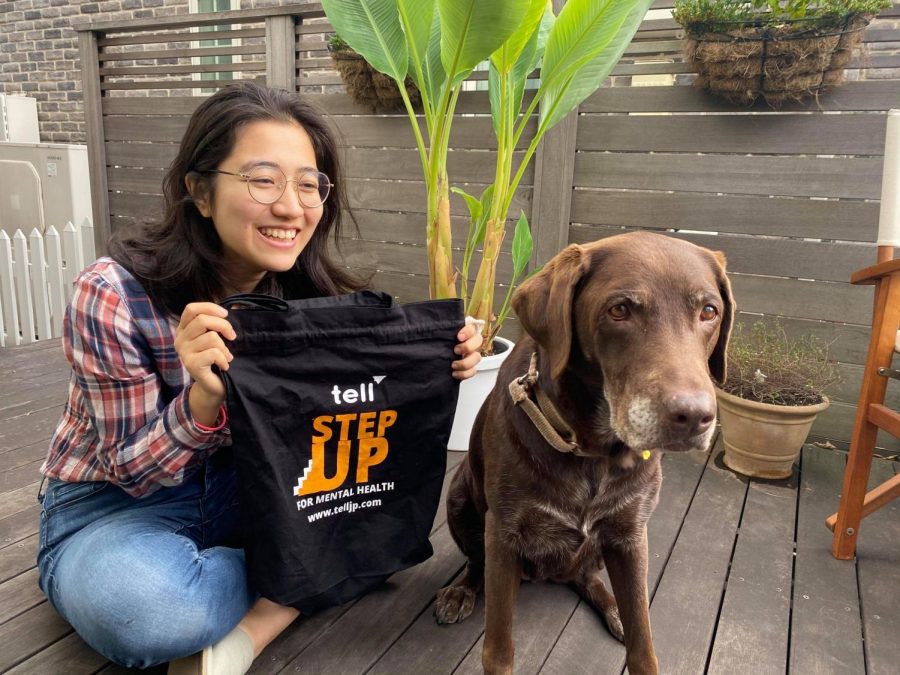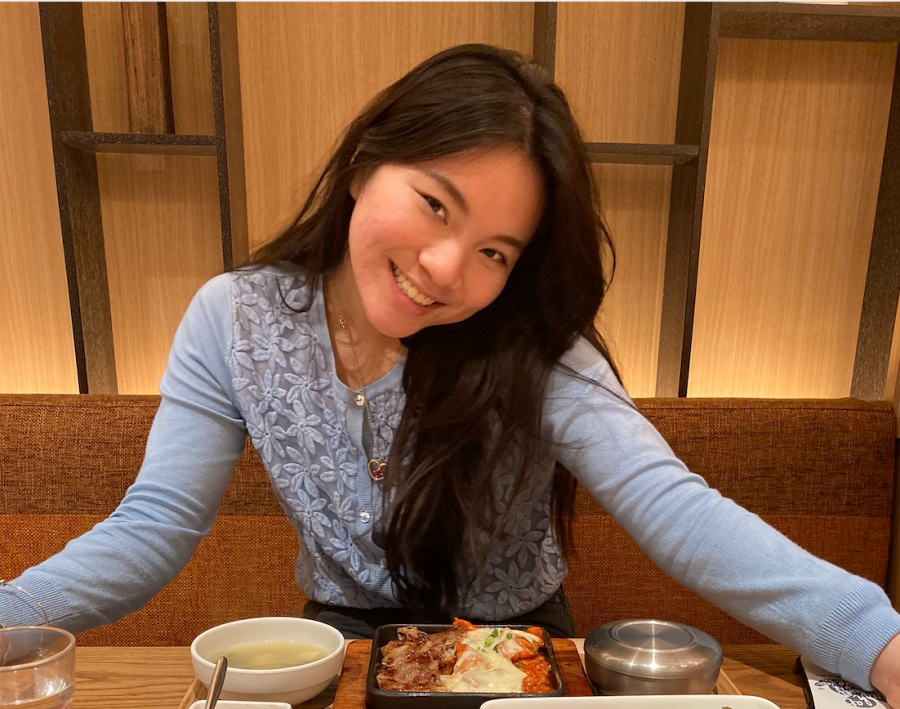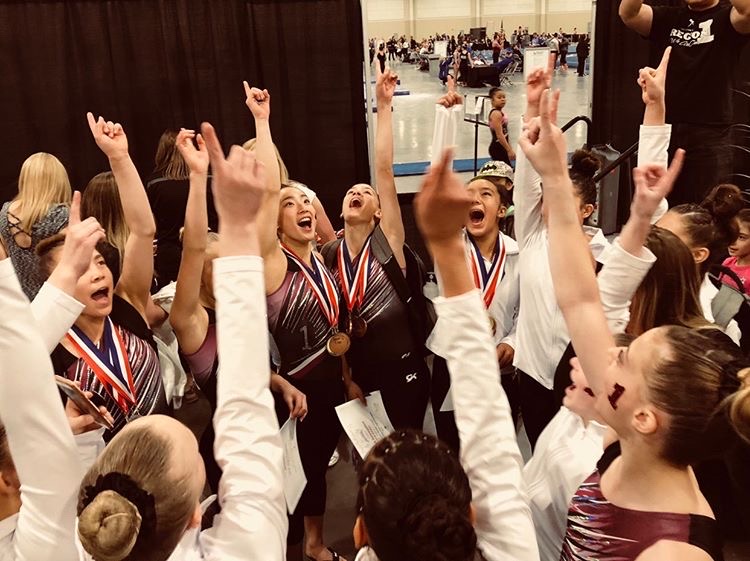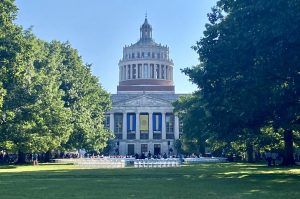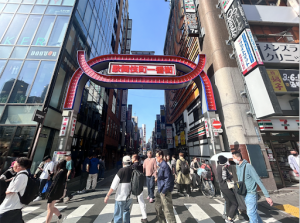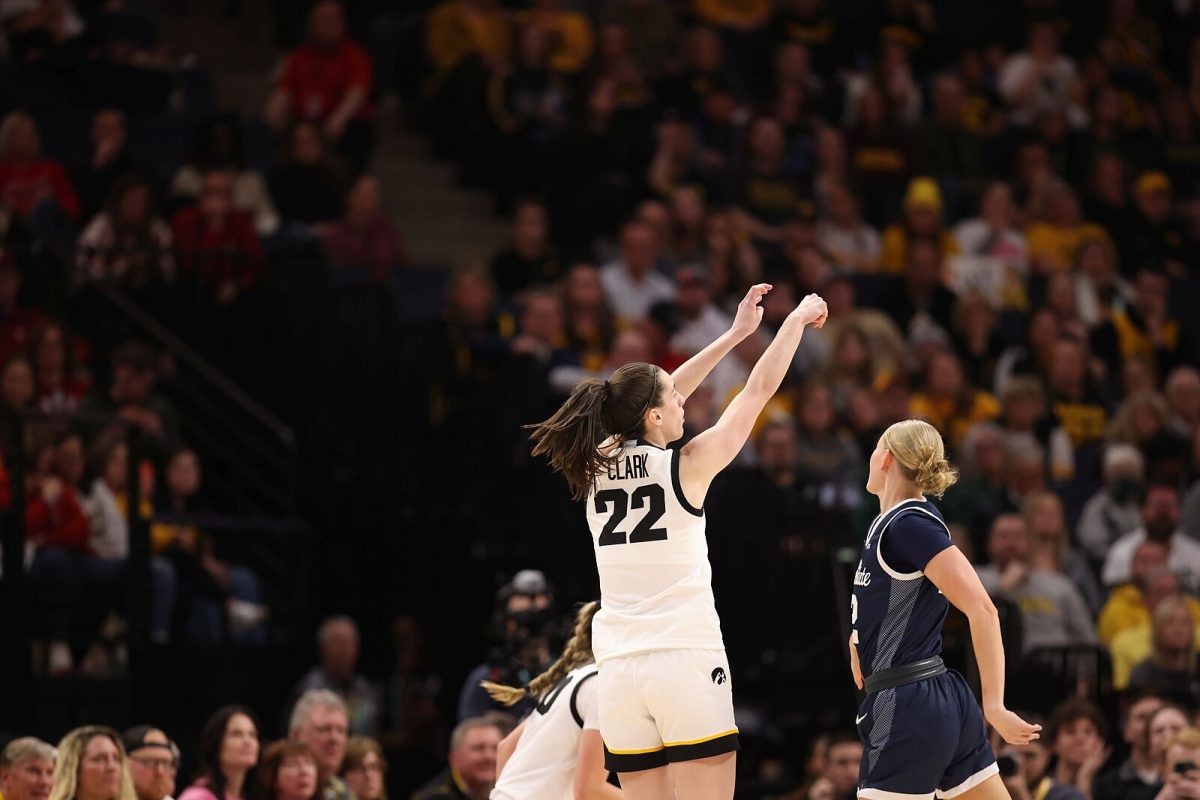From India to Hiroo: Sacred Heart delegates return from ILMUNC
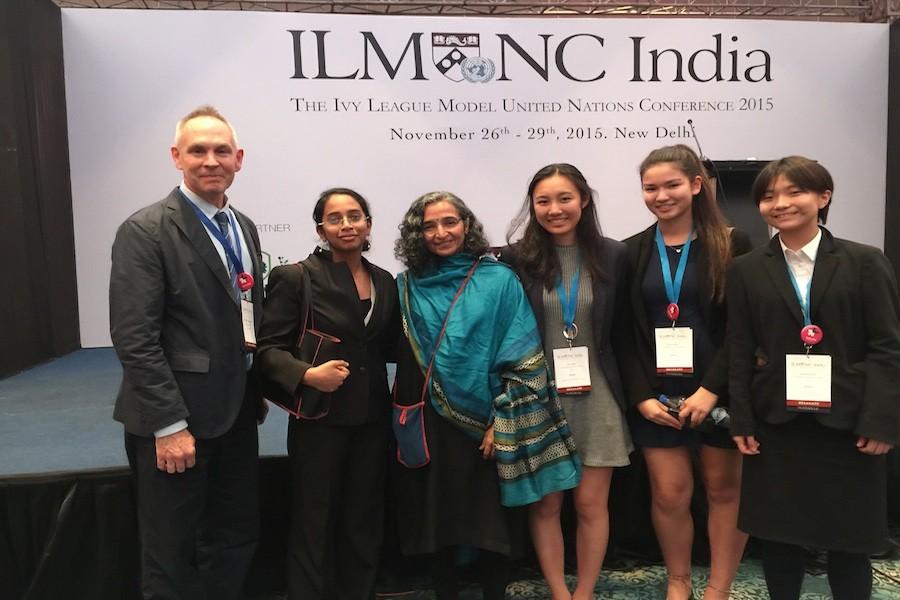
Smiling with Anju Pandey from UN Women
February 4, 2016
From November 26 to 29, Hanako (12), Mina (12), Reshma (12), Sydney (12) and International Relations teacher, Mr. Felstehausen, took part in the Ivy League Model United Nations Conference (ILMUNC) in New Delhi, India.
From the start of this school year, the four International Relations veterans had been preparing for the ILMUNC. The multinational conference was organised by students specialising in studies such as Finance, Computer Science, and Nanotechnology from the University of Pennsylvania, and was sponsored by Ivy Central and the He for She organisation. It invited approximately 500 students from various international schools including those from Bangladesh, India, and Japan. The conferences are annually hosted in the United States, China, and India, and schools around the world are able to take part in the events by representing a country during a conference. This was the first time that ISSH had participated in the ILMUNC, so it was hard for the group of seniors to know what to expect, and it posed a challenge during their preparation process.
ILMUNC aims to encourage students to “discuss, debate, and find solutions” for today’s global issues in similar to real-life, complex conditions. According to its website, the ILMUNC hopes “that every delegate obtains a deeper understanding of how our world is interconnected, develops and furthers public speaking and leadership skills, and most importantly, makes new friends and has an enjoyable experience.”
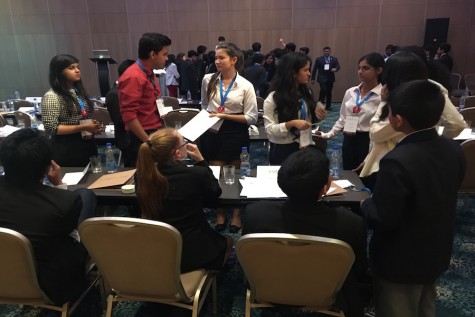
The group of ISSH representatives spent three days debating issues, brainstorming solutions, and representing the national interest of their assigned country, the Hashemite Kingdom of Jordan. Mina, assigned to the “Security Council” committee on Restricting Military Intervention, focused on “coming up with a solution that would work as a guideline for countries of the UN to decide when and if intervention is required,” said Mina. This topic was especially relevant considering Jordan’s massive influx of Syrian and Iraqi refugees since 2012.
Sydney, part of the “War Ethics of Drones” committee, concentrated on resolving the ethical complications that drones pose on The Geneva Convention and the Universal Declaration of Human Rights. She represented the national sovereignty of Jordan by calling to attention the drones’ potential effects on civilian casualties.
Hanako and her committee, “Territorial Integrity of the Former Soviet Republics”, focused on international aid for the refugee crisis.The main topics for her committee included the Crimean Crisis and dealing with escalating tension between Russia and Ukraine.
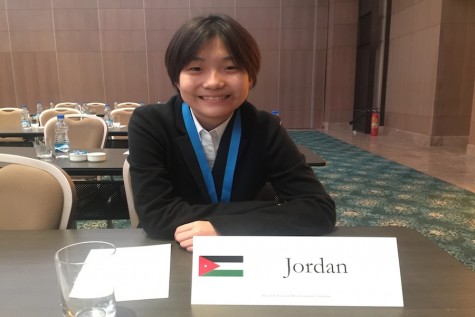
Along with the Disarmament and International Security Committee, Reshma took part in discussing how the UN should address the issue of the Fourth Generation Warfare and its potential as a tool for non-state actors to expand and occupy.
Between the conferences, the participants had the opportunity to listen to various guest speakers, including Meera Sanyal, Anju Pandey from UN Women, India’s first woman Sarpanch, Ms. Chhavi Rajawat, Mr Piyush Tewari, CEO and founder of SaveLIFE Foundation. In addition to speaking about the social, political and economic infrastructure of India, they all gave messages of encouragement to the young representatives of the future. The guest speakers reminded the ISSH representatives that it was their responsibility to initiate change. As representatives and voices of the younger generation and of women, they kept in mind that it is their responsibility to establish a future of peace despite the magnitude of the difficulties they may face.
Mina and Hanako also participated in the Emergency Crisis, which started at 0:30 with a panicked knock on their hotel doors. Each committee had different emergency crisis to analyse, discuss, and coordinate responses to in midst of all of the confusion, adrenaline, and jet lag. Both of their committees were able to come up with drafts of their given issues. One issue was a mock extension of the Russian plane shot down by Turkey, and the other was about a rebellion against the Chinese government by Taiwanese nationalists.
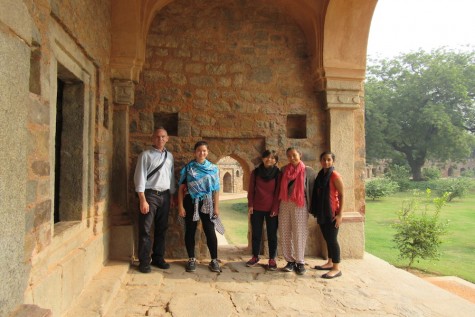
During the conference, the ISSH delegates were engaged in an atmosphere of discussion that was completely different from any they had experienced at school. The conference frequently struggled with maintaining its order, and there was a great necessity for patience and assertion when it came to communication.
According to Hanako, one of the highlights of the conference was the moderated caucus. They were able to “personally talk to other delegates to share national interests and come up with agreements,” she said.
Outside of the conference, another popular activity was sightseeing Akshardham Temple and Humayun’s Tomb, and experiencing the culture, history, and state of India. Hanako noticed that travelling in a van, the “situation of heavy traffic and poor air quality.” The experience opened Sydney’s eyes to the “role and vulnerability of women in India.”

